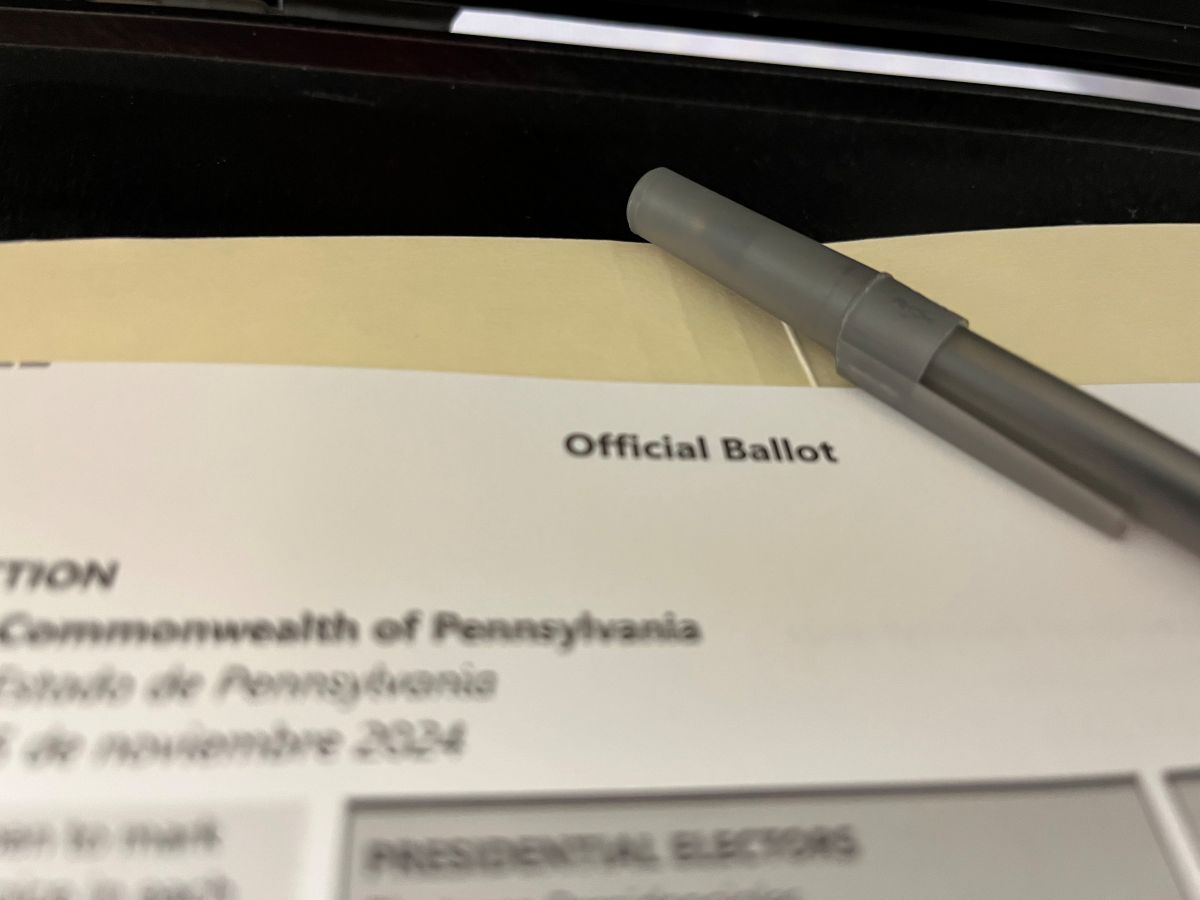Two residents of Pennsylvania have been charged with election fraud, highlighting ongoing concerns about vulnerabilities in the U.S. electoral system. U.S. Attorney David Metcalf announced the charges last week, which include one count of voting more than once in a federal election and one count of voter fraud.
Explainer Two Pennsylvania Residents Charged With Election Fraud
Matthew Laiss, 31, of Bethlehem, is accused of casting ballots in both Pennsylvania and Florida during the November 2020 general election. Laiss was registered to vote in Pennsylvania until August 2020, when he moved to Frostproof, Florida. According to the indictment, Laiss filled out and returned a mail-in ballot sent to his old Pennsylvania address and subsequently voted in person in Florida.
Miya Pack, 39, of Philadelphia, faces similar charges. Pack was registered to vote in both Bergen County, New Jersey, and Philadelphia County, Pennsylvania. She reportedly voted early in New Jersey on October 26, 2024, and again in Pennsylvania on Election Day, November 5, 2024.
If convicted, both defendants could face a maximum sentence of five years in federal prison and fines ranging from $10,000 to $250,000.
Metcalf stated, "These cases serve as a reminder of the importance of maintaining clean voter rolls. When individuals move, it is crucial that they are removed from the voter rolls in their previous jurisdictions to prevent fraud."
These cases serve as a reminder of the importance of maintaining clean voter rolls. When individuals move, it is crucial that they are removed from the voter rolls in their previous jurisdictions to prevent fraud.
Critics of election integrity efforts argue that claims of widespread voter fraud are exaggerated. They contend that maintaining clean voter rolls can lead to voter suppression. However, supporters assert that vigilance is necessary to ensure the integrity of elections.
The recent charges come amid a broader discussion about election security. Last month, a Russian national pleaded guilty to conspiring to submit over 100 fraudulent voter registrations in Florida. Additionally, in Michigan, surveillance footage captured individuals allegedly stuffing ballot drop boxes with multiple ballots, raising further concerns about election integrity.
In Pennsylvania, three former borough council officials were sentenced to prison in June for conspiracy to commit voter fraud, including voting by mail using names of individuals who did not reside in the borough. These incidents illustrate the potential for fraud in various forms, including mail-in voting and inaccurate voter registration.
In a statement, the Department of Justice emphasized the need for states to remain vigilant against election fraud. "Election integrity is essential for public trust in the democratic process," a DOJ spokesperson said.
Election integrity is essential for public trust in the democratic process,
The issue of election fraud is not limited to Pennsylvania. Reports indicate that noncitizens may have registered or voted in multiple states, including Texas and Iowa. In Texas, Attorney General Ken Paxton is investigating over 100 noncitizens who may have fraudulently voted in recent elections.
As discussions about election reform continue, advocates for stricter voter registration processes argue that simplifying the voting process could help protect against fraud. They call for measures such as improved voter ID laws and more stringent verification processes for mail-in ballots.
The debate over election integrity is likely to persist as states prepare for future elections. With ongoing investigations and legal actions, the focus remains on ensuring that the electoral process is secure and trustworthy for all voters.
Why it matters
- Two Pennsylvania residents charged with election fraud underscore vulnerabilities in the U.S. electoral system.
- The cases highlight the importance of maintaining clean voter rolls to prevent fraudulent voting.
- Concerns about election integrity are amplified by recent incidents of voter fraud across multiple states.
What’s next
- Both defendants face potential maximum sentences of five years in federal prison if convicted.
- Ongoing investigations into election fraud continue, with a focus on voter registration processes.
- Calls for stricter voter ID laws and verification processes are expected to intensify as elections approach.

